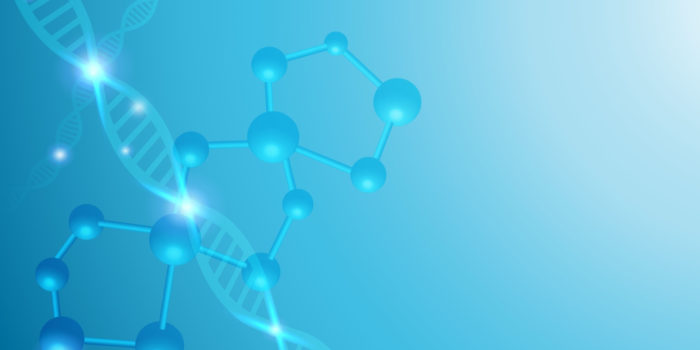
A chemical cocktail for age reversal to revolutionise the treatment of ageing
August 18th, 2023The latest discovery is an age-reversal breakthrough that could enable whole-body rejuvenation, using a chemical approach to revolutionise the treatment of ageing, age-related diseases and injuries.
It’s an epic anti-ageing discovery
On July 12th 2023, researchers at the Harvard Medical School at the University of Maine and MIT published a new research paper in Aging called, ‘Chemically induced reprogramming to reverse cellular ageing’. The medical paper revealed groundbreaking monumental discoveries opening up new avenues for regenerative medicine and whole-body rejuvenation.
Nobel Prize winners
Certain scientific experts on this research team are Nobel Prize winners, and this study in particular is an extension of this research into reversing cellular aging without causing the cells to turn cancerous – controlled cell growth.
This study demonstrates that this is indeed possible using powerful gene therapy. This therapy introduces Yamanaka factors virally (these are a group of protein transcription factors that play a vital role in the creation of induced pluripotent stem cells). This then converts adult cells into iPSCs (induced Pluripotent stem cells).
They have gone one step further…
The development of a chemical cocktail, the alternative to powerful gene therapy
David A. Sinclair, A.O, Ph.D is the leading scientist of this new research. He is a Professor in the Dept of Genetics as well as the Co-Director of the Paul F. Glenn Center for Biology of Ageing Research at Harvard Medical School.
Dr Sinclair and his team were responsible for finding this chemical cocktail to reverse aging.
The Professor explained, “Until recently, the best we could do was slow ageing. New discoveries suggest we can now reverse it. This process has previously required gene therapy, limiting its widespread use.”
Molecule mixing creates a potent anti-ageing cocktail
In the latest research, the experts screened for molecules that, in combination, could reverse ageing and rejuvenate human cells. What they found is a potent chemical cocktail.
Using vital experimental tools, the team wanted to find a process that didn’t alter the genome in the body. The genome is the genetics of an organism.
The process they went through could distinguish young from old and senescent cells.
6 chemical cocktails were identified that could restore nucleocytoplasmic protein compartmentalization (NCC) and genome-wide transcript profiles to younger, more youthful states, and in a time period of less than a week.
The study focused on cells in the brain, optic nerve, kidneys and muscles in mice which were engineered to age rapidly to test the effectiveness of the chemical cocktails.
Improved vision and extended life span
The test results were promising. There was improved vision and extended life span in the mice.
Recently, the same tests and research included looking at reversing blindness and restoring vision in monkeys which gave positive results
This is the first chemical approach to reprogramming cells to a younger state. Preparations are now in place for human trials, who knows what tomorrow will bring.
Read the full study here.
The research team at the Harvard Medical School at the University of Maine and MIT were:
- Jae-Hyun Yang
- Christopher A. Petty
- Thomas Dixon-McDougall
- Maria Vina Lopez
- Alexander Tyshkovskiy
- Sun Maybury-Lewis
- Xiao Tian
- Nabilah Ibrahim
- Zhili Chen
- Patrick T. Griffin
- Matthew Arnold
- Jien Li
- Oswaldo A. Martinez
- Alexander Behn
- Ryan Rogers-Hammond
- Suzanne Angeli
- Vadim N. Gladyshev
- David A. Sinclair
References





